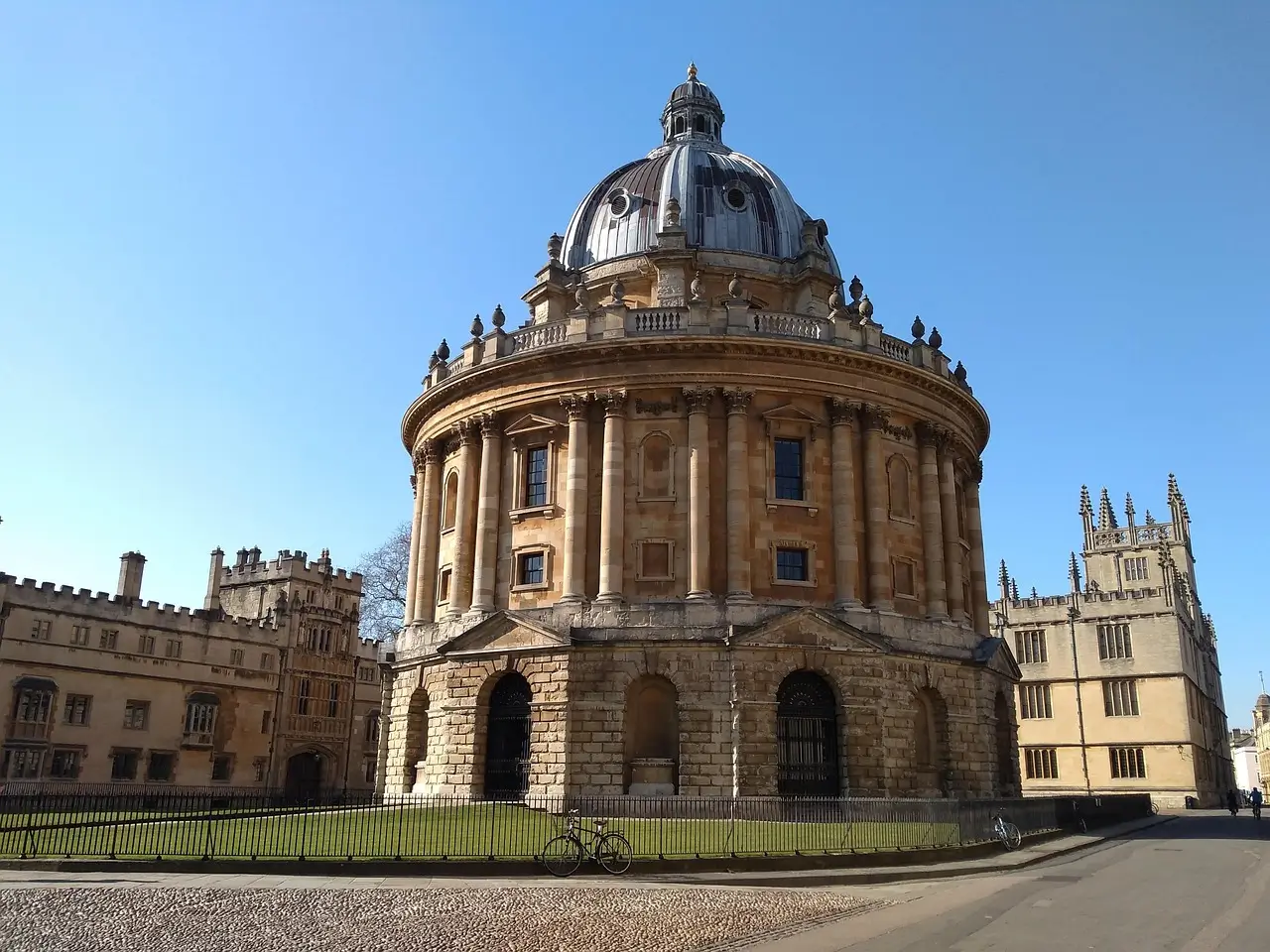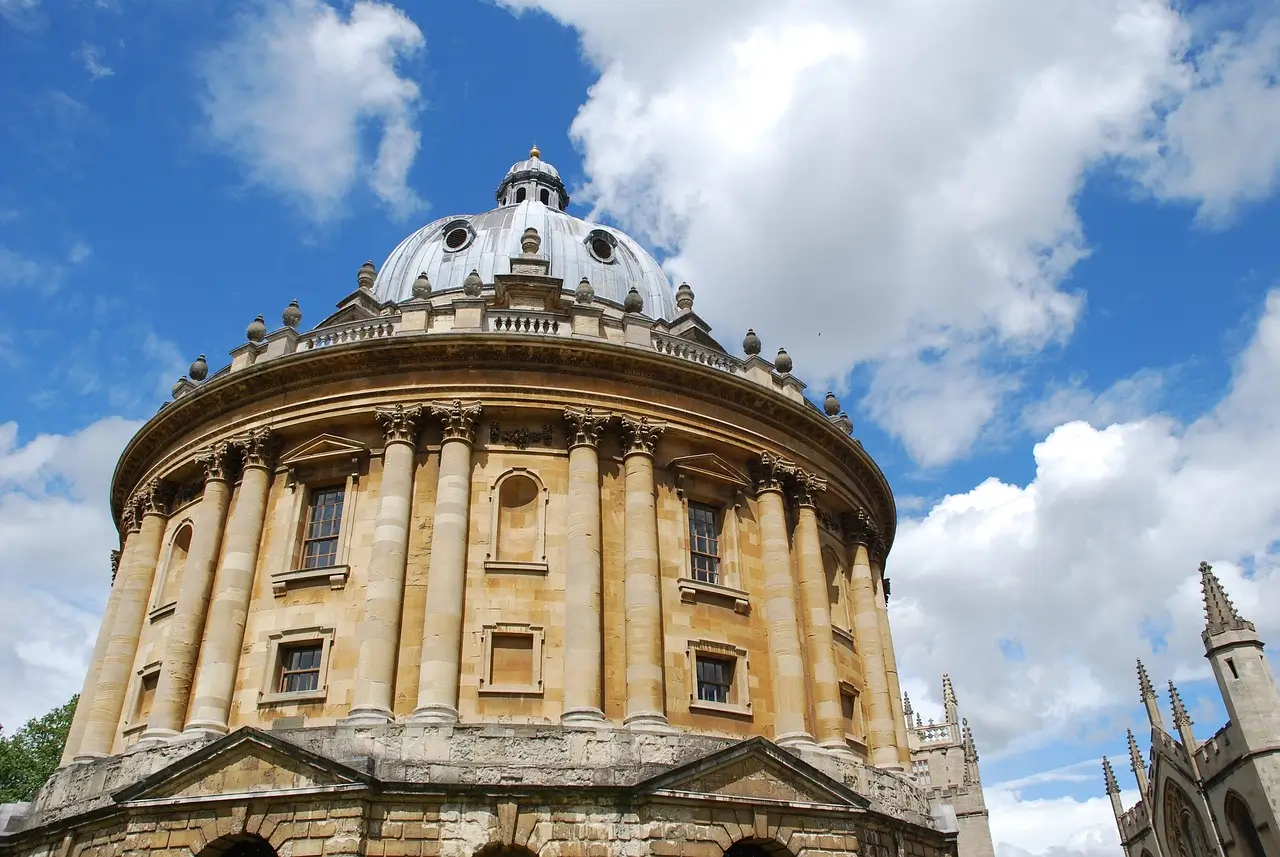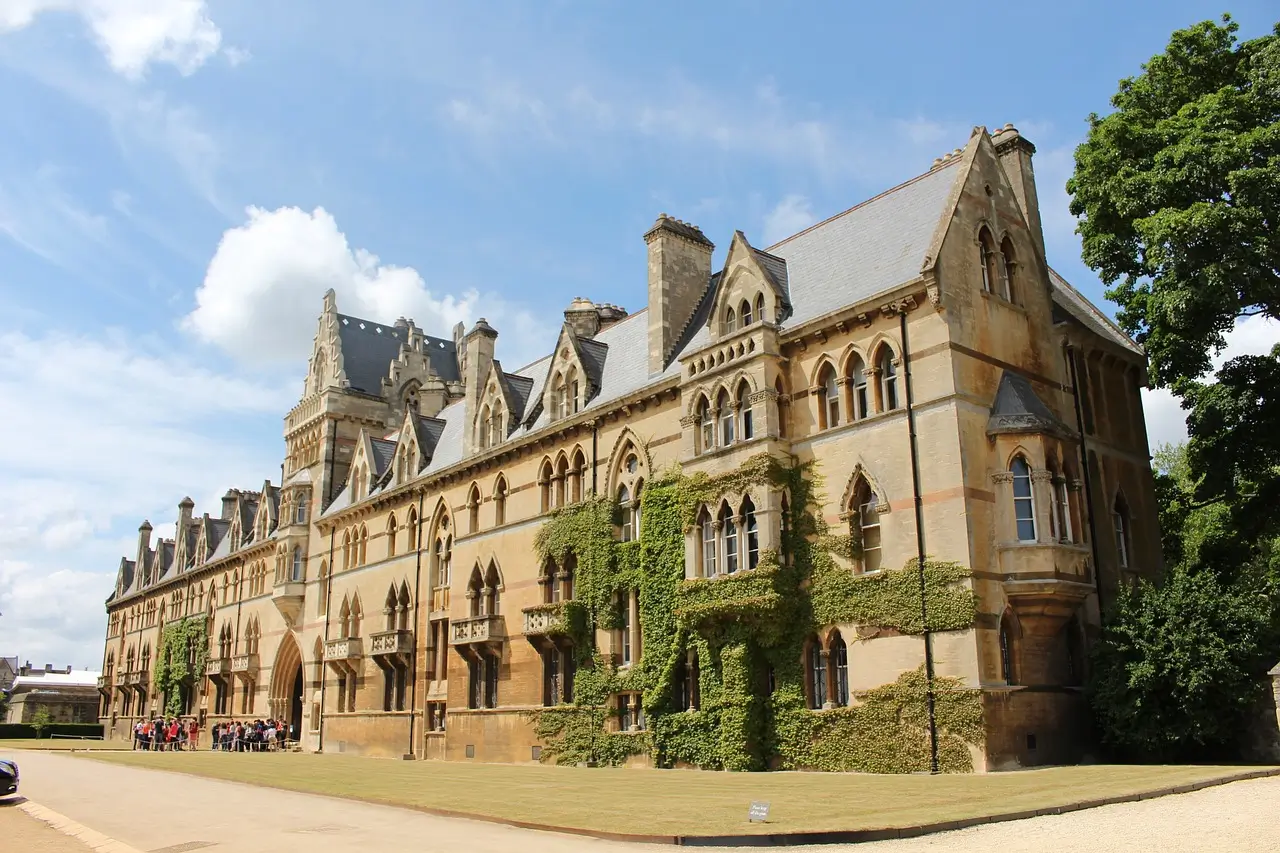Oxford University – A Beacon of Excellence in Education and Research
Oxford University is synonymous with excellence, tradition, and history. Known worldwide, it stands as a beacon of learning and innovation. But what makes Oxford so special? Let’s dive into its rich history, unique academic structure, vibrant student life, and global impact.
History of Oxford University
Early Beginnings
Oxford’s origins date back to the late 12th century. Although the exact date of its foundation remains unclear, teaching existed in some form as early as 1096. It is the oldest university in the English-speaking world.
Key Historical Milestones
From the establishment of University College in 1249 to the opening of new colleges in the 14th and 15th centuries, Oxford’s history is marked by continuous growth. The university survived the Reformation and Civil War, adapting and evolving through the ages.
Modern Developments
In the 19th century, significant reforms modernized the curriculum and governance. The 20th century saw the admission of women and a focus on research. Today, Oxford continues to expand, embracing new technologies and methodologies.
Academic Structure
Colleges and Halls
Oxford consists of 39 colleges and 6 permanent private halls, each with its own unique history and character. These institutions provide accommodation, social spaces, and academic support to their members.
Major Faculties and Departments
The university’s faculties and departments cover a broad range of disciplines, from humanities and social sciences to natural sciences and engineering. Each faculty is a hub of world-class teaching and research.
Unique Tutorial System
A standout feature of Oxford is its tutorial system. This involves personalized teaching sessions with experts in the field, fostering deep understanding and critical thinking skills.
Admission Process

Undergraduate Admissions
Gaining admission to Oxford is highly competitive. Prospective students must excel academically and demonstrate potential through personal statements, references, and entrance exams.
Graduate Admissions
Graduate applicants must meet stringent criteria and often undergo interviews. Oxford offers a wide range of postgraduate programs, from master’s degrees to doctorates.
Scholarships and Financial Aid
Oxford is committed to supporting students financially. Various scholarships, grants, and bursaries are available, ensuring that talented individuals from all backgrounds can access its education.
Campus and Facilities
Iconic Buildings and Architecture
The university boasts stunning architecture, from the medieval Radcliffe Camera to the modern Blavatnik School of Government. These buildings are not just functional but also symbolize Oxford’s rich heritage.
Libraries and Research Centers
With over 100 libraries, including the Bodleian Library, Oxford provides vast resources for study and research. Its research centers are at the forefront of global scientific and academic advancements.
Sports and Recreational Facilities
Oxford offers a wide array of sports facilities, from rowing clubs to cricket fields. Students can engage in various sports, promoting a balanced and healthy lifestyle.
Student Life
Societies and Clubs
With over 400 clubs and societies, there’s something for everyone. Whether it’s debating, music, drama, or niche interests, students can pursue their passions and meet like-minded peers.
Cultural Activities
Cultural life at Oxford is vibrant, with numerous events, exhibitions, and performances throughout the year. The city itself offers museums, theaters, and galleries, enriching the student experience.
Accommodation Options
Oxford provides various accommodation options, from college dorms to private rentals. Each college has its own unique housing, fostering a close-knit community feel.
Notable Alumni
Influential Historical Figures
Oxford has produced countless influential figures, including 28 British Prime Ministers, numerous international leaders, and eminent scientists like Stephen Hawking.
Prominent Modern Personalities
Contemporary alumni include actors like Hugh Grant, writers like J.R.R. Tolkien, and politicians like Bill Clinton. These individuals exemplify Oxford’s impact on diverse fields.
Research and Innovation

Major Research Achievements
Oxford’s research has led to groundbreaking discoveries, from the development of penicillin to recent advancements in quantum computing and AI.
Cutting-edge Projects and Initiatives
Current projects address global challenges such as climate change, healthcare, and technology. Oxford’s research initiatives often lead to practical solutions with widespread impact.
Collaboration with Industries
Oxford collaborates with industries worldwide, driving innovation and economic growth. Partnerships with companies like AstraZeneca have led to significant advancements, including the development of the COVID-19 vaccine.
Global Impact
International Collaborations
Oxford’s influence extends globally through partnerships with leading universities and research institutions. These collaborations enhance knowledge exchange and foster international understanding.
Influence on Global Education
Oxford sets educational standards worldwide. Its rigorous academic programs and research initiatives shape global educational policies and practices.
Contributions to Policy and Society
Oxford’s research informs public policy and contributes to societal advancements. Its experts provide insights that shape national and international policies on issues ranging from health to economics.
Oxford in Popular Culture

Appearances in Literature and Film
Oxford frequently appears in literature and film, symbolizing academic excellence and tradition. From the Harry Potter series to Brideshead Revisited, its iconic buildings provide a backdrop for countless stories.
Cultural References and Symbolism
Oxford’s cultural impact is profound, with references in music, art, and popular culture. It represents intellectual pursuit and timeless tradition, inspiring generations.
Challenges and Controversies
Access and Diversity Issues
Oxford faces challenges in ensuring diversity and inclusion. Efforts are ongoing to improve access for underrepresented groups through outreach programs and scholarships.
Modern-day Controversies
The university has navigated various controversies, from debates on free speech to ethical concerns in research. Addressing these issues is crucial for maintaining its reputation and integrity.
Future of Oxford University

Upcoming Projects and Expansions
Oxford continues to grow, with plans for new research centers, expanded facilities, and innovative academic programs. These developments aim to enhance its global impact.
Vision and Strategic Goals
Oxford’s vision for the future includes maintaining its academic excellence while adapting to new challenges. Strategic goals focus on sustainability, diversity, and technological advancement.
Visiting Oxford
Tourist Attractions within the University
Visitors can explore Oxford’s historic colleges, libraries, and museums. Popular attractions include the Ashmolean Museum, Christ Church College, and the Botanical Garden.
Guided Tours and Open Days
Guided tours offer insights into Oxford’s history and architecture. Open days provide prospective students and their families with a glimpse into university life.
Comparing Oxford and Cambridge

Historical Rivalry
Oxford and Cambridge share a storied rivalry, competing in academics, sports, and beyond. This friendly competition drives excellence and innovation at both institutions.
Differences in Academic and Social Life
While both universities offer top-notch education, they differ in culture and traditions. Cambridge is known for its scientific focus, while Oxford has a broader range of humanities and social sciences.
Conclusion
Oxford University remains a symbol of academic excellence and intellectual pursuit. Its rich history, dynamic academic environment, and global impact make it a unique and influential institution. Whether you’re a prospective student, a curious visitor, or a passionate scholar, Oxford’s legacy and future promise an enriching experience.
FAQs
1. What is the admission process like for undergraduate students at Oxford University?
The admission process is highly competitive, requiring excellent academic records, personal statements, references, and often entrance exams or interviews.
2. How does Oxford’s tutorial system work?
The tutorial system involves one-on-one or small group sessions with expert tutors, allowing personalized and in-depth learning experiences.
3. What are some notable buildings at Oxford University?
Notable buildings include the Radcliffe Camera, the Bodleian Library, and Christ Church College, each with unique historical and architectural significance.
4. How does Oxford support diversity and inclusion?
Oxford has various outreach programs, scholarships, and initiatives aimed at increasing access and supporting students from underrepresented backgrounds.
5. Can visitors explore Oxford University?
Yes, visitors can explore the university’s colleges, libraries, and museums through guided tours and open days, experiencing its rich history and culture firsthand. Visit Oxford University.

1 thought on “Oxford University: A World-Class Legacy Institution”